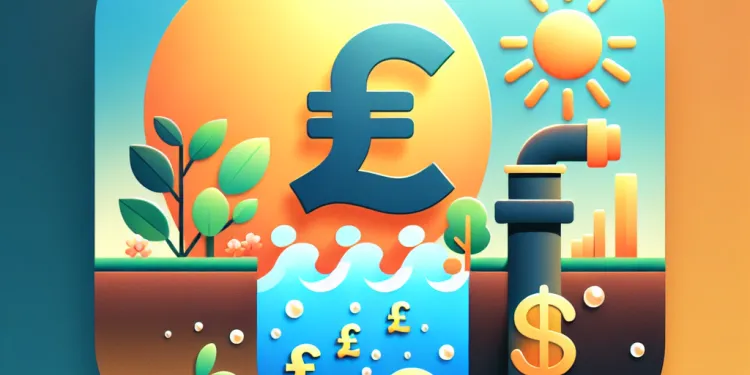
Find Help
More Items From Ergsy search
-
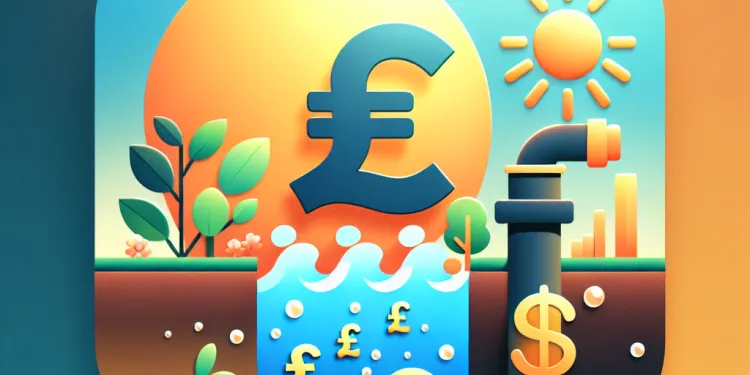
Is climate change affecting sewage pollution levels?
Relevance: 100%
-
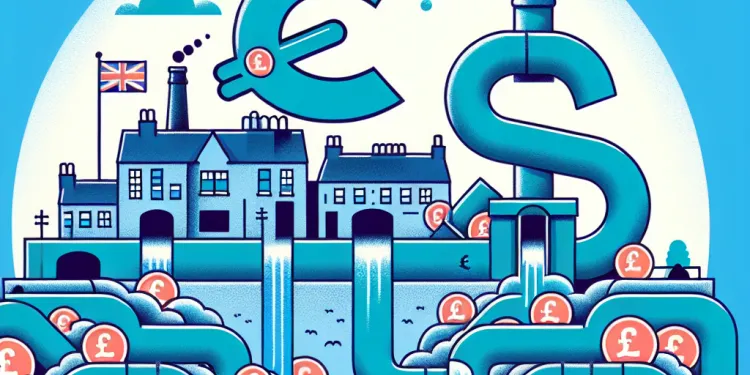
Which UK areas are most affected by sewage pollution?
Relevance: 63%
-
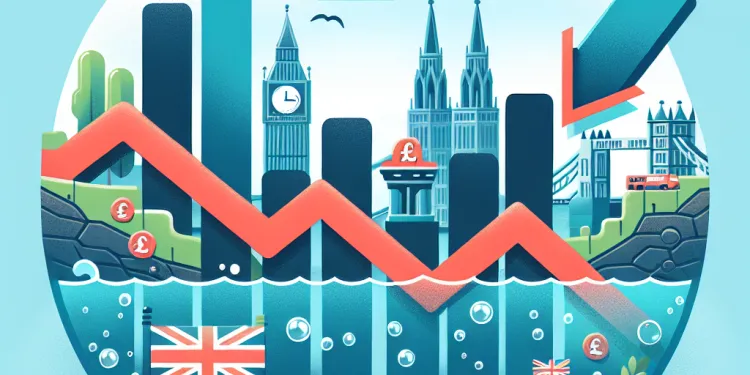
Has sewage pollution in the UK improved over recent years?
Relevance: 62%
-
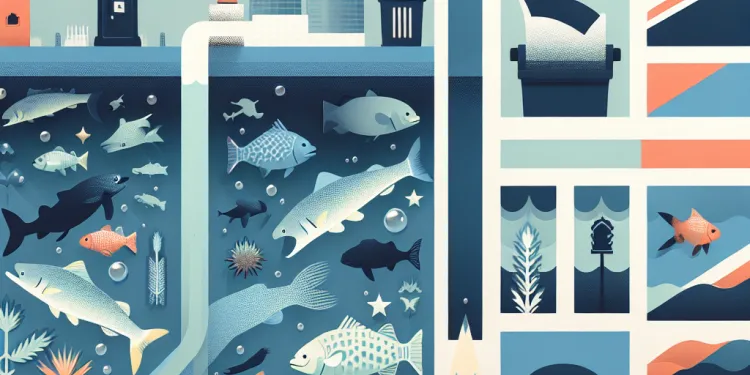
Can sewage pollution impact marine wildlife?
Relevance: 60%
-
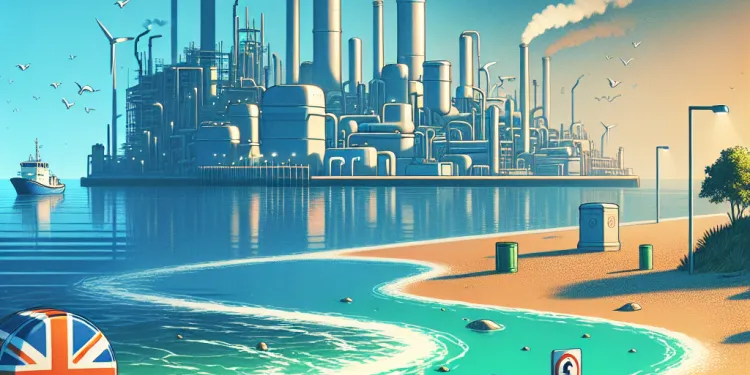
What causes sewage pollution on UK beaches?
Relevance: 60%
-
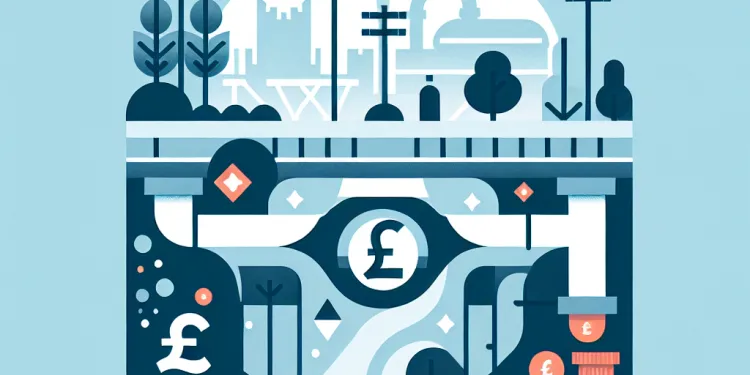
What role do water companies play in sewage pollution?
Relevance: 56%
-
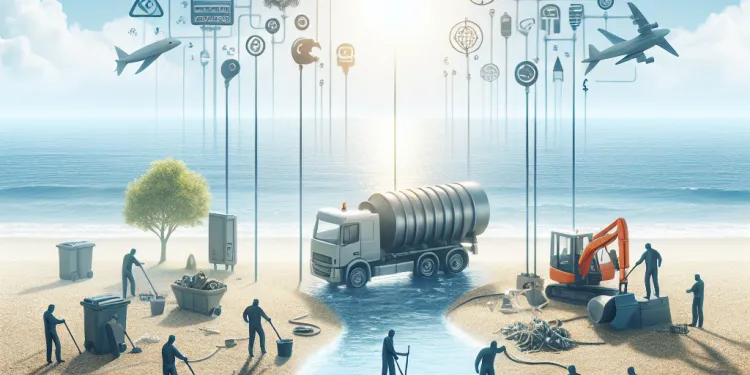
What is being done to address sewage pollution on UK beaches?
Relevance: 54%
-
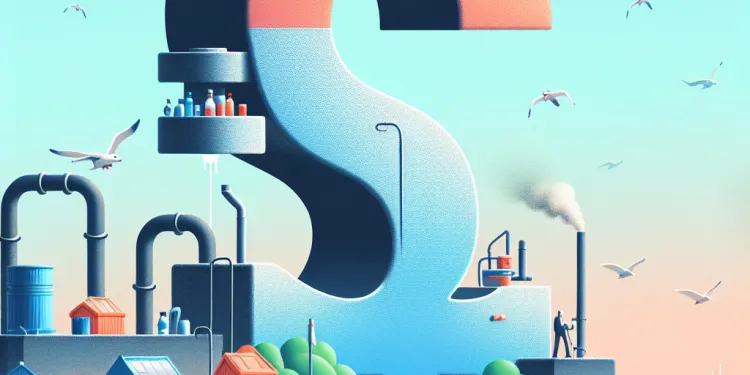
How can the public find out if a beach has sewage pollution?
Relevance: 54%
-
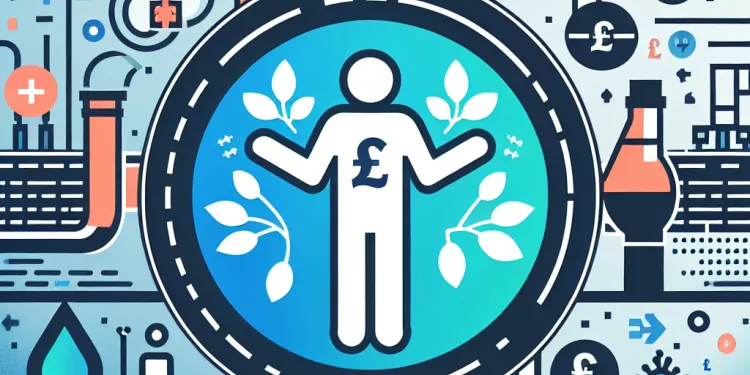
How does sewage pollution affect public health?
Relevance: 53%
-
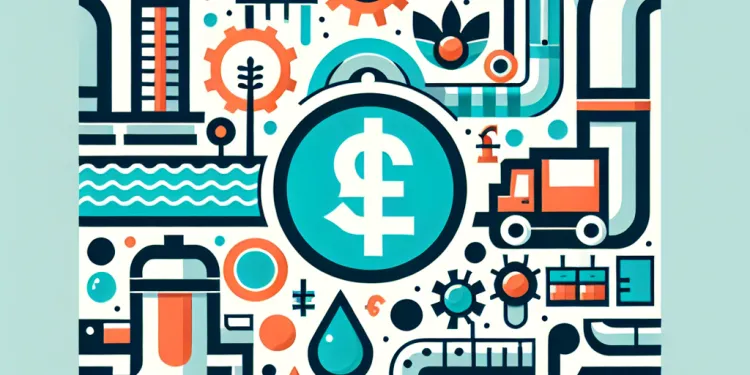
What agencies monitor and regulate sewage pollution in the UK?
Relevance: 53%
-
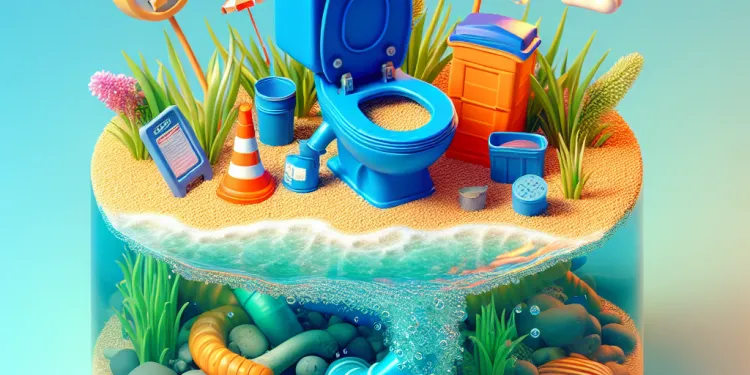
Is sewage a problem on UK beaches?
Relevance: 53%
-

How does climate change affect pollen levels?
Relevance: 52%
-
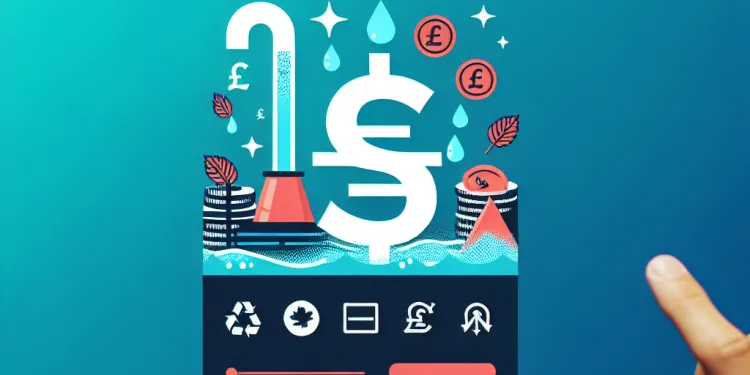
How can individuals help reduce sewage pollution?
Relevance: 51%
-
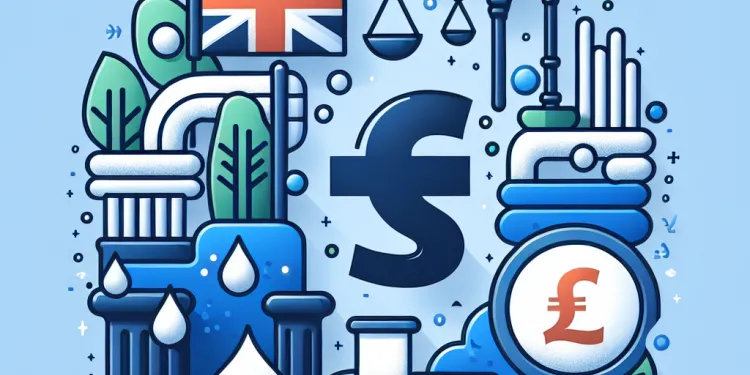
Are there legal guidelines for sewage discharge into UK waters?
Relevance: 38%
-

Will climate change affect the 2026 flu season?
Relevance: 36%
-
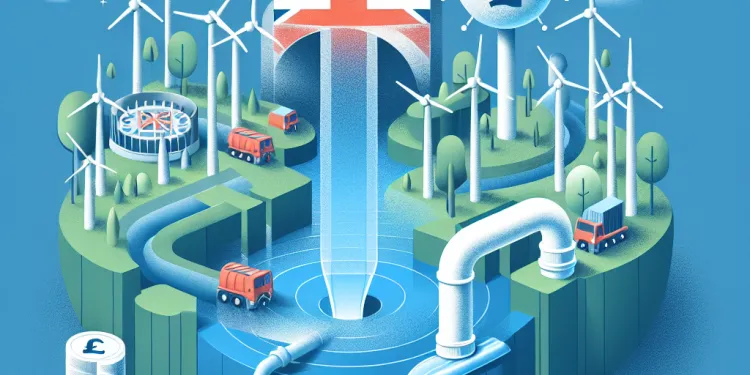
How does climate change affect water infrastructure maintenance?
Relevance: 36%
-

Are climate changes affecting mosquito populations in the UK?
Relevance: 36%
-
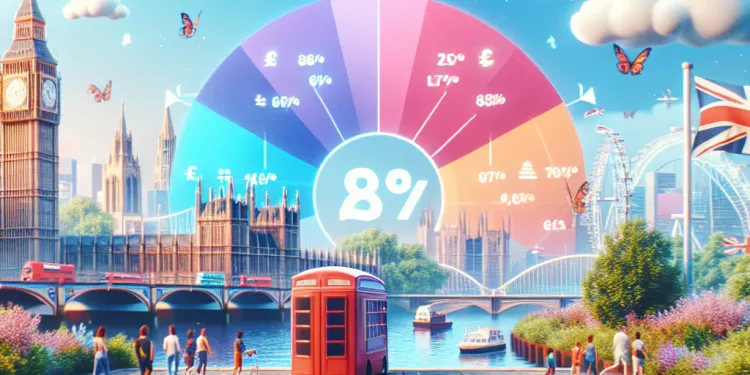
Is UK air quality changing?
Relevance: 36%
-

High Air Pollution Levels Linked to Rising Cases of Respiratory Issues
Relevance: 35%
-
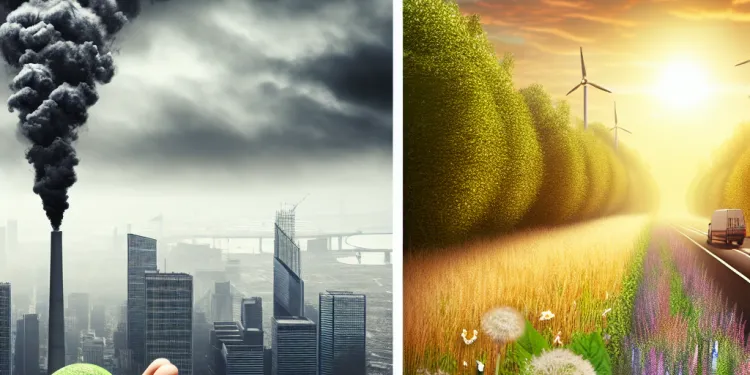
How does air pollution affect asthma?
Relevance: 32%
-
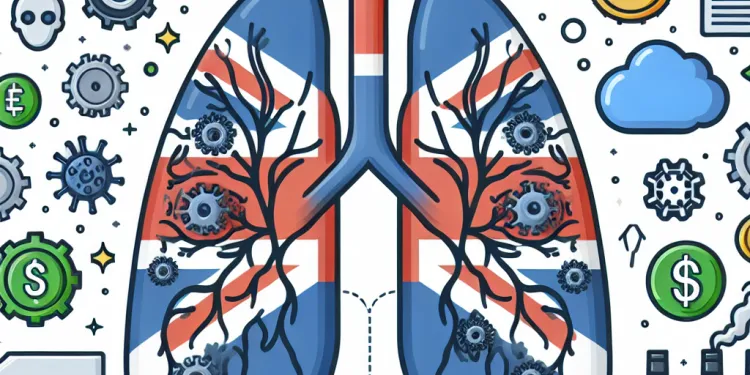
Air Pollution and Lung Cancer
Relevance: 30%
-
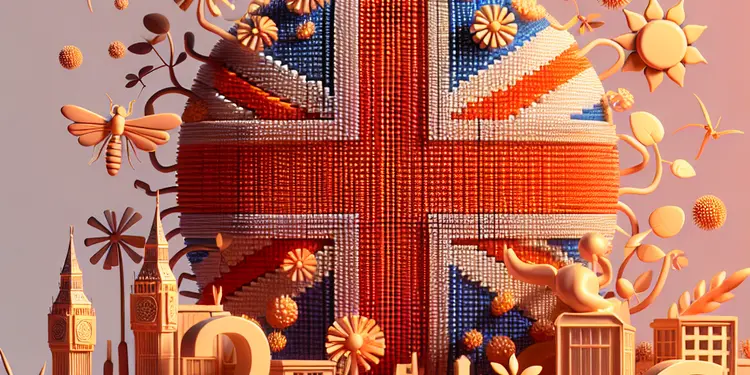
How do climate changes affect mosquito-borne diseases in the UK?
Relevance: 28%
-

What role do climate change and weather play in water infrastructure issues?
Relevance: 27%
-

Where can I find information on air pollution and its effect on Asthma for my local area?
Relevance: 26%
-
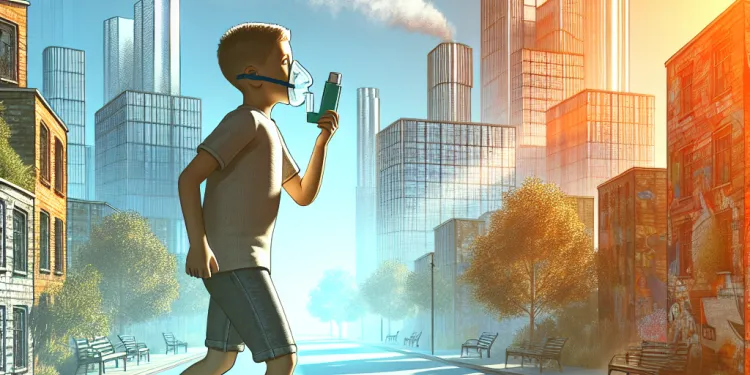
Rise in Childhood Asthma Linked to Air Pollution in Urban Areas
Relevance: 25%
-

How do I check current air quality levels in my local area?
Relevance: 24%
-

Why are experts warning of rising hay fever cases?
Relevance: 23%
-

What are some common pollutants that affect asthma sufferers in urban areas?
Relevance: 23%
-
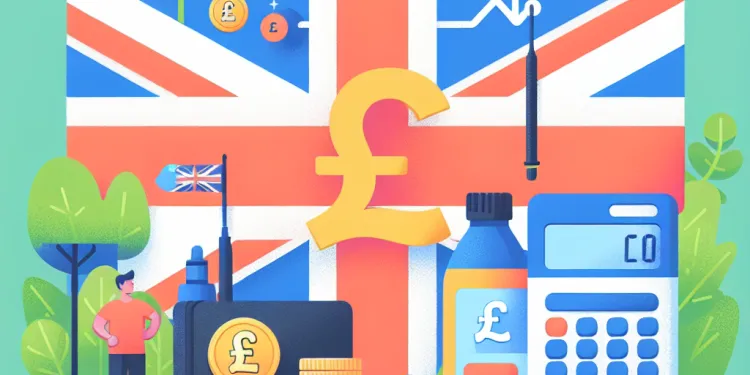
Are there any lifestyle changes that can help regulate cortisol levels?
Relevance: 23%
-

Where can I find research studies on air pollution and asthma in my area?
Relevance: 22%
-
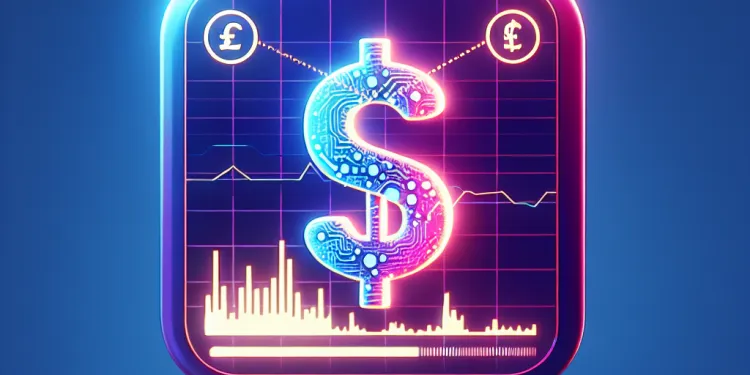
Can cortisol levels be measured?
Relevance: 19%
-
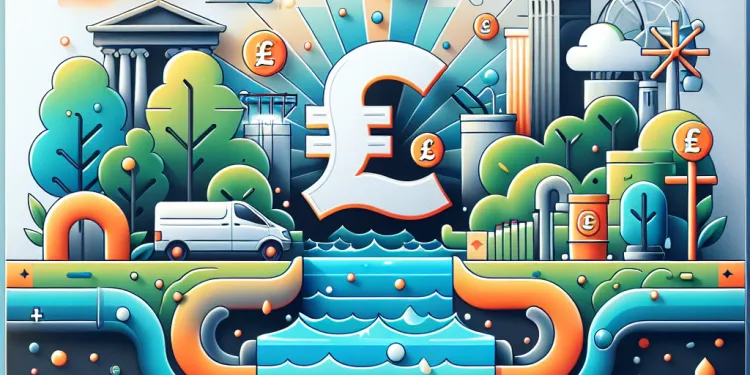
What is a Combined Sewer Overflow (CSO)?
Relevance: 19%
-

What local organizations provide information on air pollution and asthma?
Relevance: 19%
-

Can GLP-1 levels be measured?
Relevance: 19%
-
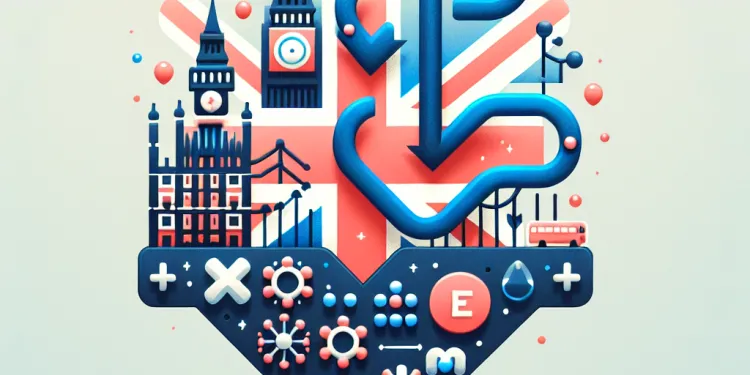
Why is reducing aldosterone levels important?
Relevance: 18%
-
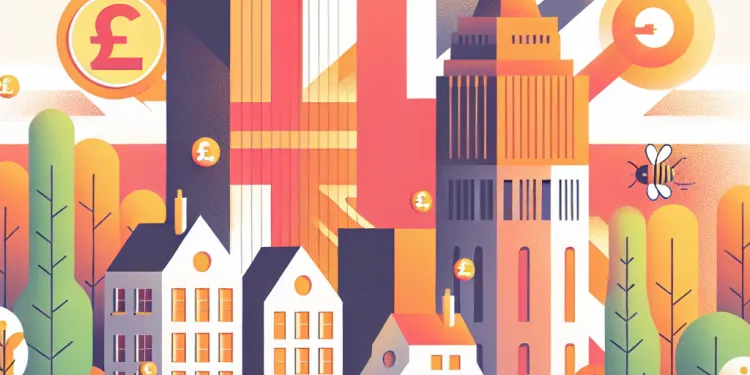
Is hay fever more common in urban areas?
Relevance: 18%
-

What factors can influence cortisol levels?
Relevance: 18%
-

How can I reduce my exposure to air pollution if I have asthma?
Relevance: 18%
-

What is the importance of PSA levels in treatment?
Relevance: 18%
-

How does Abiraterone affect hormone levels?
Relevance: 18%
Is Climate Change Affecting Sewage Pollution Levels?
Introduction
Climate change is a pressing global issue with far-reaching effects that extend into various environmental sectors, including water management. In the UK, one area of significant concern is the potential impact of climate change on sewage pollution levels. As weather patterns shift and extreme weather events become more frequent, understanding this relationship is crucial for effective environmental policy and public health.Increased Rainfall and Sewage Overflow
One of the most direct ways climate change affects sewage pollution is through increased rainfall and storm frequency. The UK has seen a rise in intense rainfall events, which can overwhelm aging sewage infrastructure. Combined sewer systems, which collect both stormwater and sewage, may exceed their capacity during heavy rains, leading to combined sewer overflows (CSOs). These overflows discharge untreated sewage directly into rivers and coastal waters, posing a significant environmental and health risk.Implications for Water Quality
Sewage pollution has detrimental effects on water quality, impacting ecosystems and human health. Climate change-induced sewage overflows can lead to higher concentrations of pollutants such as pathogens, nutrients, and chemicals in water bodies. This not only threatens aquatic life but also endangers recreational water use and drinking water sources, necessitating stricter regulations and improved sewage treatment facilities.Adaptation Strategies
To mitigate the impacts of climate change on sewage pollution levels, the UK must invest in infrastructure upgrades and adopt innovative solutions. Strategies such as increasing the capacity of sewage systems, implementing green infrastructure like sustainable urban drainage systems (SuDS), and enhancing real-time monitoring of water quality are vital. Moreover, community engagement and policy initiatives focused on reducing stormwater runoff can play a critical role in minimizing sewage-related pollution.Conclusion
Climate change is undoubtedly influencing sewage pollution levels in the UK by altering weather patterns and increasing the frequency of high-intensity rainfall events. Addressing these challenges requires a comprehensive approach, combining infrastructural improvements, policy interventions, and public awareness. By taking proactive measures, the UK can safeguard its water resources and public health against the adverse effects of climate change.Is Climate Change Affecting Sewage Pollution Levels?
Introduction
Climate change is a big problem for the whole world. It can change many things, like how we look after water. In the UK, people are worried about how climate change might change how much sewage gets into our rivers and seas. Bad weather is happening more often, so we need to understand how this affects sewage pollution. This is important to keep people and the environment safe.More Rain and Sewage Problems
Climate change means we get more rain and storms. In the UK, heavy rain can overwhelm old sewage systems. Some systems collect rain and sewage together. When it rains too much, these systems can't hold everything, and dirty water goes into rivers and seas. This is called a combined sewer overflow (CSO). It's not safe for the environment or people.Water Quality Issues
Dirty water is bad for nature and people's health. When too much sewage gets into the water, it can have lots of harmful stuff like germs and chemicals. This can hurt fish and other animals. It can also make it unsafe to swim or drink the water. We need better sewage systems to stop this from happening.What Can We Do?
To stop sewage pollution from getting worse because of climate change, the UK needs to make sewage systems better. We can use new ideas like green spaces that soak up rainwater, called sustainable urban drainage systems (SuDS). We also need to check water quality all the time. People in communities can help by trying to stop rainwater from running off into the sewage systems.Conclusion
Climate change is making sewage pollution worse in the UK because of more heavy rain and storms. The answer is to fix and improve sewage systems, make new rules, and help people understand the problem. If we all take action, we can keep our water clean and safe for everyone.Frequently Asked Questions
How does climate change contribute to sewage pollution in the UK?
Climate change leads to more frequent and intense rainfall, which overwhelms sewage systems and results in increased sewage spills into waterways.
Is sewage pollution becoming more common due to climate change?
Yes, the increased rainfall and severe weather events associated with climate change are causing more frequent overflows from combined sewer systems.
What are combined sewer overflows (CSOs) and how are they affected by climate change?
CSOs are systems that combine stormwater and sewage, which can overflow during heavy rainfall. Climate change-induced heavy rains exacerbate these overflows, leading to more pollution incidents.
What impact does sewage pollution have on UK wildlife?
Sewage pollution can harm aquatic ecosystems, reduce biodiversity, and negatively affect fish, birds, and other wildlife by contaminating their habitats and food sources.
Do warmer temperatures due to climate change affect sewage pollution?
Yes, warmer temperatures can lead to increased bacterial growth and biochemical reactions in sewage, potentially heightening pollution effects on water bodies.
How does climate change impact the infrastructure of sewage systems?
Climate change can cause flooding and erosion, damaging ageing sewage infrastructure, resulting in leaks and increased pollution.
Are there policies in place in the UK to address the impact of climate change on sewage pollution?
The UK government has policies aimed at upgrading sewage infrastructure and improving water quality, including plans to adapt to the impacts of climate change.
What role do water companies play in managing sewage pollution related to climate change?
Water companies are responsible for maintaining and upgrading sewage systems to handle increased rainfall and to minimise pollution, and they work under regulatory frameworks to meet environmental standards.
Can urban planning help mitigate the impact of climate change on sewage pollution?
Yes, implementing sustainable urban drainage systems, such as permeable pavements and green roofs, can reduce runoff and relieve pressure on sewage systems.
How does sewage pollution affect public health in the UK?
Sewage pollution can contaminate drinking water supplies and recreational waters, leading to health risks such as gastrointestinal illnesses and infections.
Are there any technological solutions to address sewage pollution exacerbated by climate change?
Advanced treatment technologies, real-time monitoring, and predictive analytics can help manage and reduce sewage pollution events.
What are the economic impacts of climate change-driven sewage pollution in the UK?
Economic impacts include costs associated with infrastructure repair, healthcare due to pollution-related illnesses, and losses in tourism and fisheries.
How can individuals help reduce the impact of sewage pollution related to climate change?
Individuals can help by reducing water usage, properly disposing of waste, and supporting initiatives that improve local water management and infrastructure.
Is the UK taking international actions to combat sewage pollution in the context of climate change?
The UK is involved in global efforts to address climate change and water pollution through international agreements and partnerships focused on sustainability and environmental protection.
How does increased sewage pollution due to climate change affect recreational water use in the UK?
Increased pollution can lead to beach closures and restrictions on activities like swimming and fishing, impacting local communities and tourism.
How does climate change make sewage pollution worse in the UK?
Climate change can make the weather in the UK wetter. More rain can cause sewers to overflow. This means dirty water can end up in rivers and seas.
To understand better, you can:
- Watch videos about climate change and pollution.
- Look at pictures or diagrams that show how rain affects sewers.
Climate change makes it rain more often and much harder. This causes problems for drains and pipes that carry dirty water. When there is too much rain, these pipes overflow, and dirty water gets into rivers and lakes.
Is dirty water getting worse because of climate change?
Let's find out why this might be happening.
- Dirty Water: This is when waste gets into rivers or the sea.
- Climate Change: This means the Earth is getting warmer and weather is changing.
Tips to understand better:
- Use pictures to see what happens when waste enters water.
- Watch short videos about how rain can affect dirty water.
- Ask someone to explain new words like "pollution" and "sewage."
Yes, more rain and bad weather because of climate change are making sewer systems overflow more often.
What are combined sewer overflows and how does climate change affect them?
Combined sewer overflows (CSOs) are pipes that take away dirty water when it rains a lot. They help stop flooding.
When it rains too much, the pipes can’t hold all the water. The extra water goes into rivers and streams.
Climate change makes it rain more often and makes storms stronger. This means there is more water, and pipes might overflow more often.
Tools like water-saving gadgets and rain gardens can help. They save water and keep extra water from going into the pipes.
CSOs are systems that mix rainwater and dirty water from toilets, sinks, and drains. When it rains a lot, these systems can spill over. Climate change is making it rain more, which makes these spills happen more often. This causes more pollution.
Here are some things that might help:
- Use a picture or diagram to show how CSOs work.
- Listen to this text using a text-to-speech tool.
- Read slowly and take breaks to understand each part.
How does dirty water from toilets and drains hurt animals in the UK?
Sewage pollution is when dirty water and waste end up in rivers, lakes, or the sea. This can hurt places where animals live and make it harder for different animals and plants to survive. Fish, birds, and other animals can get sick if their homes and food are dirty.
Does warmer weather from climate change make sewage pollution worse?
Yes, when it gets warmer, bacteria can grow faster in sewage. This can make more chemical reactions happen. This might cause more pollution in rivers and lakes.
How does climate change affect sewage systems?
Climate change can make the weather different. This can cause problems for sewage systems.
Here are some ways it can affect them:
- More Rain: When it rains a lot, the sewage systems can overflow. This is because they are not made to hold so much water.
- Flooding: Floods can damage pipes and make it hard for sewage systems to work properly.
- Storms: Big storms can break parts of the sewage system, causing leaks or spills.
- Sea Levels: Rising sea levels can push water back into sewage systems, making them not work well.
Here are some ways to help understand:
- Use Pictures: Look at pictures or videos to see how sewage systems work.
- Ask Questions: Talk to someone who knows about sewage systems to learn more.
- Visual Tools: Use maps or diagrams to see where the pipes and systems are.
Climate change can make it rain a lot and cause floods. This can damage old sewage systems. When these systems break, they can leak and make water dirty.
Does the UK have rules to help with sewage pollution caused by climate change?
Climate change can cause problems like more rain and floods.
This can lead to sewage pollution.
In the UK, there might be rules to help with this problem.
If you want to learn more, you can use tools like audiobooks or videos.
Talking to a teacher or an expert can also help you understand better.
The UK government has plans to make the sewers better and keep our water clean. They also want to get ready for changes in the weather.
How do water companies help with stopping dirty water problems because of climate change?
Water companies take care of sewage systems. They make sure these systems work well, even when it rains a lot. They do this to keep the environment clean.
Can city planning help reduce sewage pollution from climate change?
City planning means designing how a city looks and works.
Climate change is when the weather changes and causes problems like strong storms and more rain.
Sewage pollution is dirty water from homes and businesses that can go into rivers and seas.
Good city planning can help stop dirty water from going into nature when it rains a lot.
Tools to help you:
- Pictures and drawings can show how city planning works.
- Videos can explain climate change and sewage pollution.
- Apps on tablets and computers can help you learn more.
Yes, we can help by using special ways to handle rainwater in cities. Things like pavements that let water through and roofs with plants on them can help reduce too much water rushing into sewage systems.
How does dirty water from toilets and drains make people sick in the UK?
Dirty water from toilets and drains can make people sick if it gets into rivers or the sea. This is called pollution.
Here’s how:
- Dirty water can have germs. These germs can make people sick if they touch or swim in the water.
- People can get stomach aches, coughs, or skin rashes if they are near polluted water.
- It’s important to have clean water to drink and swim in to keep everyone safe and healthy.
What you can do:
- Ask adults to check if water is safe before swimming.
- Wash your hands with soap and clean water, especially after being outside.
Tools to help:
- Use apps or websites that show safe places to swim.
- Listen to radio or news for warnings about dirty water.
Sewage pollution is when dirty water gets into clean water. This can make the water we drink or swim in dirty. Dirty water can make people sick. It can cause stomach problems and infections.
Can technology help stop sewage pollution made worse by climate change?
We can use special tools and check-ups to help stop dirty water from polluting our rivers and oceans.
How does dirty water from climate change affect money in the UK?
Climate change can lead to more rain and storms. This can cause problems with sewage, which is the dirty water that goes away from homes and buildings.
When too much rain falls, the system that handles this dirty water can overflow. This can hurt the environment, animals, and people's health.
All of this can cost a lot of money to fix. It can hurt businesses, like fishing and tourism, because people don't want dirty water near them.
To help understand, you can use pictures or videos. Try talking with someone who knows about these problems. This can help make it easier to understand.
Money problems can happen because of a few things. Fixing roads and buildings can cost a lot. People might get sick from dirty air and water, which means more doctor visits. Tourists might not visit, and we might catch fewer fish.
How can people help stop sewage pollution and climate change?
Sewage pollution happens when dirty water from homes and streets goes into rivers or the sea. This is bad for nature and our health. Climate change can make this worse.
Here are some simple ways to help:
- Use less water: Save water when brushing your teeth or taking a shower.
- Don't pour fats down the drain: Put cooking oils in a bin, not the sink.
- Recycle and compost: This means less trash and cleaner water.
- Tell others: Share these tips with family and friends.
Here are some tools that can help:
- Water-saving gadgets: Use special showerheads that reduce water use.
- Recycling bins: Keep different bins for bottles, cans, and paper.
People can help by using less water, throwing away trash correctly, and supporting projects that help take care of local water systems.
Is the UK helping to stop sewage pollution because of climate change?
This question asks if the UK is doing things with other countries to stop sewage from hurting the planet. Sewage pollution is dirty water that can harm people, animals, and plants. Climate change means the weather is changing, and the Earth is getting warmer.
Here are some ways to understand this better:
- Use pictures and videos to see what sewage pollution is.
- Read or listen to stories about how countries work together to fix big problems like pollution.
- Ask a friend or family member to explain words that are tricky.
The UK is working with other countries around the world to help fix problems with climate change and water pollution. They are doing this by making plans together and teaming up to take care of the planet.
How does more sewage pollution because of climate change affect fun water activities in the UK?
Climate change can cause more sewage in water. This is bad for people who like to swim or play in water in the UK.
Here are some ways it can affect people:
- The water can be dirty and smelly.
- It can make people sick.
- It can hurt animals and plants in the water.
Here are some things that can help:
- Check if the water is safe before you go.
- Use a website or app that tells you if the water is clean.
- Wear water shoes to keep your feet safe.
When there is too much dirt and trash in the water, beaches might close. This means people can't swim or fish there. This is hard for people who live nearby and for visitors who come for fun.
Useful Links
Have you found an error, or do you have a link or some information you would like to share? Please let us know using the form below.
-->
This website offers general information and is not a substitute for professional advice.
Always seek guidance from qualified professionals.
If you have any medical concerns or need urgent help, contact a healthcare professional or emergency services immediately.
Some of this content was generated with AI assistance. We’ve done our best to keep it accurate, helpful, and human-friendly.
- Ergsy carfully checks the information in the videos we provide here.
- Videos shown by Youtube after a video has completed, have NOT been reviewed by ERGSY.
- To view, click the arrow in centre of video.
- Most of the videos you find here will have subtitles and/or closed captions available.
- You may need to turn these on, and choose your preferred language.
- Go to the video you'd like to watch.
- If closed captions (CC) are available, settings will be visible on the bottom right of the video player.
- To turn on Captions, click settings .
- To turn off Captions, click settings again.
More Items From Ergsy search
-

Is climate change affecting sewage pollution levels?
Relevance: 100%
-

Which UK areas are most affected by sewage pollution?
Relevance: 63%
-

Has sewage pollution in the UK improved over recent years?
Relevance: 62%
-

Can sewage pollution impact marine wildlife?
Relevance: 60%
-

What causes sewage pollution on UK beaches?
Relevance: 60%
-

What role do water companies play in sewage pollution?
Relevance: 56%
-

What is being done to address sewage pollution on UK beaches?
Relevance: 54%
-

How can the public find out if a beach has sewage pollution?
Relevance: 54%
-

How does sewage pollution affect public health?
Relevance: 53%
-

What agencies monitor and regulate sewage pollution in the UK?
Relevance: 53%
-

Is sewage a problem on UK beaches?
Relevance: 53%
-

How does climate change affect pollen levels?
Relevance: 52%
-

How can individuals help reduce sewage pollution?
Relevance: 51%
-

Are there legal guidelines for sewage discharge into UK waters?
Relevance: 38%
-

Will climate change affect the 2026 flu season?
Relevance: 36%
-

How does climate change affect water infrastructure maintenance?
Relevance: 36%
-

Are climate changes affecting mosquito populations in the UK?
Relevance: 36%
-

Is UK air quality changing?
Relevance: 36%
-

High Air Pollution Levels Linked to Rising Cases of Respiratory Issues
Relevance: 35%
-

How does air pollution affect asthma?
Relevance: 32%
-

Air Pollution and Lung Cancer
Relevance: 30%
-

How do climate changes affect mosquito-borne diseases in the UK?
Relevance: 28%
-

What role do climate change and weather play in water infrastructure issues?
Relevance: 27%
-

Where can I find information on air pollution and its effect on Asthma for my local area?
Relevance: 26%
-

Rise in Childhood Asthma Linked to Air Pollution in Urban Areas
Relevance: 25%
-

How do I check current air quality levels in my local area?
Relevance: 24%
-

Why are experts warning of rising hay fever cases?
Relevance: 23%
-

What are some common pollutants that affect asthma sufferers in urban areas?
Relevance: 23%
-

Are there any lifestyle changes that can help regulate cortisol levels?
Relevance: 23%
-

Where can I find research studies on air pollution and asthma in my area?
Relevance: 22%
-

Can cortisol levels be measured?
Relevance: 19%
-

What is a Combined Sewer Overflow (CSO)?
Relevance: 19%
-

What local organizations provide information on air pollution and asthma?
Relevance: 19%
-

Can GLP-1 levels be measured?
Relevance: 19%
-

Why is reducing aldosterone levels important?
Relevance: 18%
-

Is hay fever more common in urban areas?
Relevance: 18%
-

What factors can influence cortisol levels?
Relevance: 18%
-

How can I reduce my exposure to air pollution if I have asthma?
Relevance: 18%
-

What is the importance of PSA levels in treatment?
Relevance: 18%
-

How does Abiraterone affect hormone levels?
Relevance: 18%


